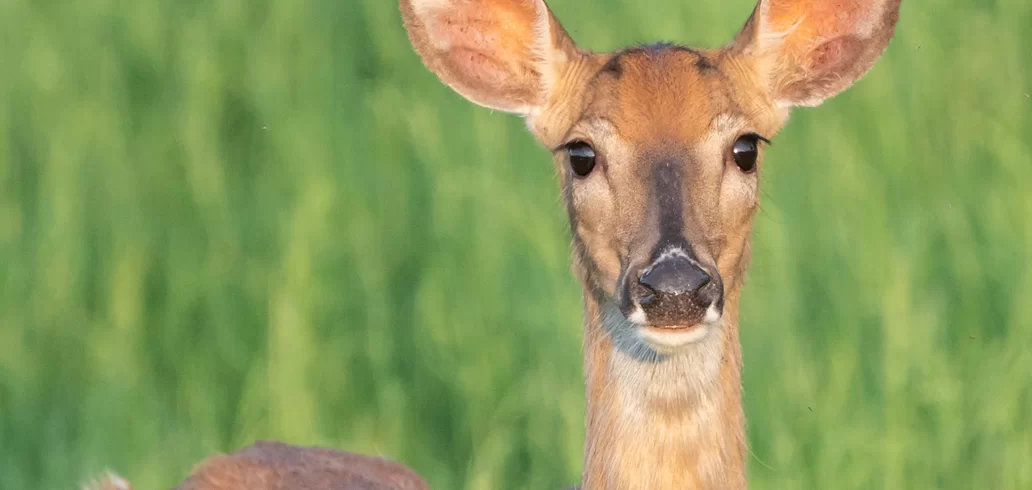Curiosities
Why is the Year of the Dragon so important in the Chinese calendar?
Advertisement
Additionally, those born in the Year of the Dragon are traditionally considered lucky, courageous, energetic, and confident. People often plan to have children during the Year of the Dragon in the hope that they will inherit some of these auspicious traits.
Historically, the dragon has also played an important role in Chinese mythology as a divine figure associated with rain and water, which are essential for agriculture and life in general. Therefore, the Year of the Dragon is also seen as a time to renew the land and seek blessings for a good harvest and prosperity.
Due to these factors, the Year of the Dragon is widely celebrated and anticipated in Chinese culture, with special festivals, events and ceremonies held to mark the beginning of this auspicious period.
Origins of the Chinese Zodiac
The Chinese zodiac, also known as Shengxiao, has a rich and intriguing history that dates back thousands of years. Its origins are shrouded in legend and myth, but some theories suggest that it may have developed during the Han Dynasty (206 BC – 220 AD) or even earlier, during the Shang Dynasty (1600 BC – 1046 BC).
One of the most popular stories about the origin of the Chinese zodiac involves the Jade Emperor, ruler of heaven in Chinese mythology. According to legend, the Jade Emperor summoned all the animals to race. The first twelve animals to reach the finish line would be named in the zodiac, in the order in which they finished.
The animals competed fiercely, but the mouse, being cunning and clever, asked the ox to carry him during the race. When they were about to finish, the mouse jumped off the ox and crossed the finish line first, followed by the ox. The twelve animals that completed the race were therefore the mouse, the ox, the tiger, the rabbit, the dragon, the snake, the horse, the goat, the monkey, the rooster, the dog and the pig.
Each animal in the Chinese zodiac is associated with certain personality traits and attributes, and the year a person is born under a particular animal is believed to influence their personality and destiny.
While the exact origins of the Chinese zodiac can be difficult to pinpoint due to the antiquity of its stories, it continues to play a significant role in Chinese culture, influencing everyday life, including festivals, traditions, and even the choice of baby names.
The Year of the Dragon and its impact on Chinese society
The Year of the Dragon is highly significant in Chinese society due to the cultural beliefs and symbolism associated with this animal in the Chinese zodiac. Here are some of the impacts the Year of the Dragon can have on Chinese society:
1. **Population Growth**: During the Year of the Dragon, many Chinese families plan to have children. This is because those born under the sign of the Dragon are considered lucky and blessed, and many parents hope that their children will inherit these auspicious characteristics.
2. **Increased Birth Rate**: In Dragon years, it is common to see an increase in the birth rate in China. This can result in more children being born during this period compared to non-Dragon years.
3. **Culture and Traditions**: During the Year of the Dragon, various celebrations and special events are held to commemorate this auspicious period. Festivals, parades, religious ceremonies, and good luck rituals are organized throughout China and in Chinese communities around the world.
4. **Economy**: The Year of the Dragon can also have an impact on the economy, especially in sectors such as commerce, tourism, retail and entertainment. Companies often launch products and services related to the Year of the Dragon to attract consumers.
5. **Superstitions and Beliefs**: Many superstitions and beliefs are associated with the Year of the Dragon in Chinese society. People may make important decisions, such as marriage, career changes, or investments, based on the belief that the Year of the Dragon brings good luck and prosperity.
6. **Cultural Heritage**: The Year of the Dragon is also a time to celebrate China’s rich cultural heritage. Traditions, myths and legends associated with the dragon are revived and passed down from generation to generation, helping to preserve Chinese cultural identity.
In short, the Year of the Dragon plays a significant role in Chinese society, influencing people's culture, traditions, beliefs and even behavior during this special period.
Trending Topics

Shopee Discount Coupons: Save Now!
Save like never before! Discover the best Shopee discount coupons and learn how to use them to enjoy incredible offers and free shipping.
Keep Reading
Build Your Future with Starbucks: Global Job Opportunities and Career Growth
Discover global Starbucks careers. Find job openings, benefits, and growth opportunities across the world. Click Here!
Keep Reading


